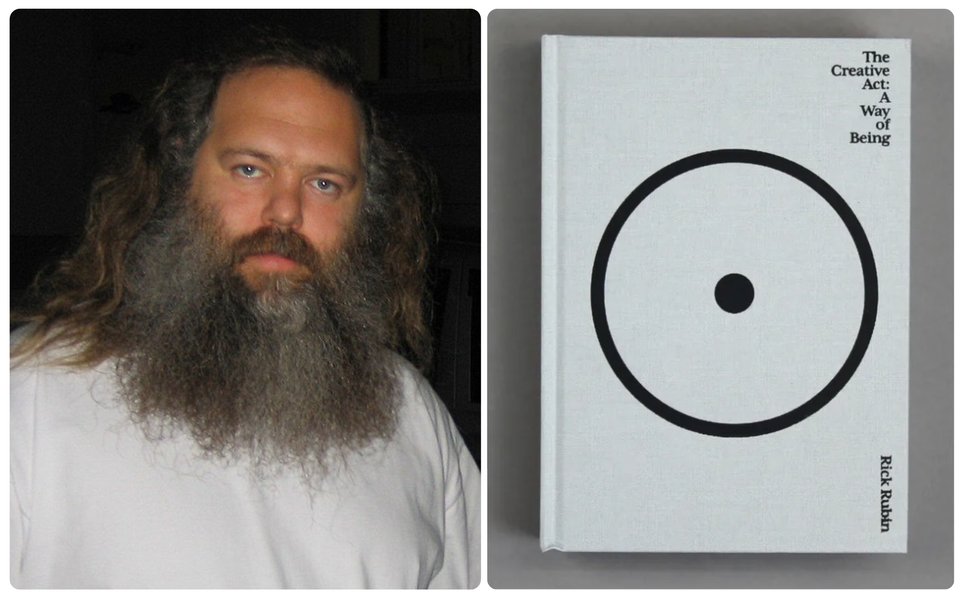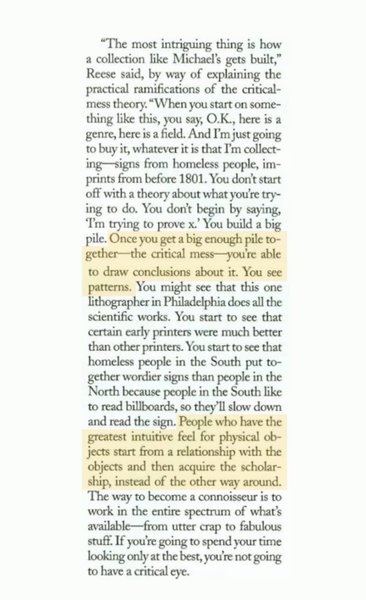Taste

AI coding platforms like Cursor, Lovable, and Replit have all cracked the how to build challenge—but none of them address the what to build challenge.
Vibe Coding and The Illusion of Progress
In something he calls the “theory of maximum taste,” New York Times columnist David Brooks says that each person’s mind is defined by its upper limit—the best content that it habitually consumes and is capable of consuming.
Polina Marinova Pompliano • Hidden Genius

This whole post is brilliance.
Reminds me of ‘The Gap’ by Ira Glass.
Also reminds me of what @Sari Azout is building with @Sublime ~~ a place to curate, develop, hone, and express your taste.
All your links, messy ideas, highlights, fragments finally in a space... See more
Jonathan Simcoesubstack.com
Our taste — these are our values and preferences. What draws you more: Art Nouveau's organic curves or Bauhaus's clean functionality? Are you moved more by a single person's suffering right in front of you, or by the possible harm that might affect thousands of future generations? Does your focus lean toward an impressive end, or an elegant means?
Julie Zhuo • When AI Has Better Taste Than You
How are curiosity and taste different?
Taste is anti-fragile. It gets stronger the more noise you expose it to—if you’re paying attention.
stepfanie tyler • Taste Is the New Intelligence
Algorithms respond to what you consume, so your inputs shape your outputs. If you watch drama, it feeds you chaos. If you seek signal, it feeds you depth. The algorithm isn’t biased—it’s obedient.
That’s why taste is a responsibility. It’s not just about what you like. It’s about what you allow in.
Taste is how you protect your mental environment.
That’s why taste is a responsibility. It’s not just about what you like. It’s about what you allow in.
Taste is how you protect your mental environment.
stepfanie tyler • Taste Is the New Intelligence
The final human edge is in controlling the machine or keeping your distance — in how many steps ahead, or how many steps removed, you are at any given moment. 1